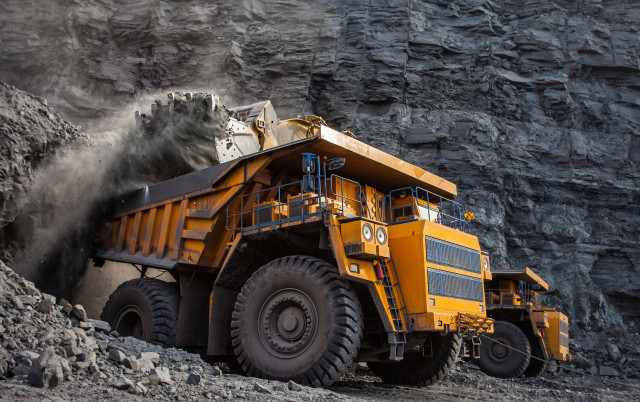ABUJA,Nigeria (NAN)- Stakeholders in Nigeria's mining sector have urged for enhanced cooperation among various agencies, sectors, and institutions to promote the industry's development.
This plea was voiced on Monday in Abuja during a pre-conference panel discussion at the 60th Nigerian Mining and Geosciences Society (NMGS) Annual International Conference and Exhibition (AICE), whose theme is “Transformation of the Mineral, Energy, Water, and Construction Sectors through Innovations.”
During the discussion, Olusegun Adedayo stressed the need for Nigeria to improve local collaborations in order to compete on a global scale within the mining industry, especially with the increasing worldwide demand for energy minerals.
Adedayo, who serves as an advisor on mining policy and strategy, pointed out that attracting investors requires precise information on Nigeria’s mineral reserves, which can only be accomplished through collaboration.
He highlighted vital cooperation areas such as research, funding, geoscience data collection, and the prioritization of certain minerals for development.
“There is a strong call for everyone to work together, pool resources, conduct research, and concentrate on specific minerals. We shouldn’t spread ourselves too thin. Academics should focus on research, geologists on exploration, and investors on funding. We need to cultivate the sector comprehensively,” he stated.
Adedayo also noted the challenge posed by limited geoscience data, explaining that while such data is available, it is scattered among various agencies.
He insisted that it should be centralized in a single repository for better access for both local and international investors. “Everyone claims there’s insufficient geoscience data, but the reality is that this data is stored in silos. If all information from the Nigerian Geological Survey Agency and other practitioners were consolidated in one location, we would have more data at our disposal. We must direct our attention towards technology, research, and investment; we cannot rely on others to do this for us,” he added.
Another panelist, Aisha Gombe, underscored the significance of collaboration between training institutions, particularly between geology and civil engineering departments. She observed that numerous Nigerian geology departments lack engineering geology laboratories, which exist in civil engineering departments and could be utilized for joint initiatives.
Gombe, an expert in engineering and geo-environmental practices, also highlighted the need for partnership between the Council for the Regulation of Engineering in Nigeria and the Council of Nigerian Mining Engineers and Geoscientists.
She stressed that such collaboration is vital for ensuring professionalism, safety, and efficiency in the mining and related fields.
During his address, the National President of the Miners Association of Nigeria (MAN), Dele Ayankele, lamented the absence of sustainable policies in the sector, which he identified as a major factor hindering growth. Ayankele remarked that a Federal Government think tank committee established in 2016 to create a roadmap for sector reform had yet to see its recommendations put into action.
He further emphasized the necessity for sustainable policies to attract both local and international investors, in addition to technological advancements that would facilitate investment and mobilize essential funding for the sector.
According to the report, the conference is scheduled to take place from February 16 to 21, featuring discussions on sub-themes such as “Resource Management and Value Addition in the Minerals and Mining Sector” and “Managing Emerging Realities in the Nigerian Oil and Gas Sector.” The significance of geoscience in agriculture and food security will also be addressed.




















